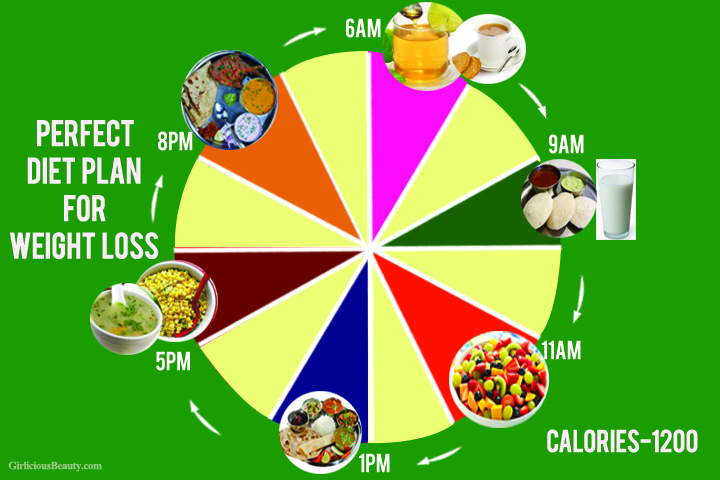Are you looking to lose weight in a month? “Lose 20 Pounds in a Month with These Simple Tips”, These simple tips can help you lose 20 pounds in a month without starving yourself or going to the gym. Just follow these tips and be consistent, and you’ll lose 20 pounds in no time!
Page Contents
Introduction
In order to lose 20 pounds in a month, you’ll need to make some simple changes to your diet and exercise habits. Here are five tips that can help you reach your goal:
1. Cut out processed foods and sugary drinks.
2. Exercise regularly.
3.Healthy breakfast
4. Eat plenty of fruits and vegetables.
5. Limit your intake of high-calorie foods.
6. Get enough sleep each night.
Diet: what to eat and what to avoid
1. Cut out processed foods and sugary drinks.
In our society, people are obsessed with being thin. Magazines, movies, and television shows constantly promote the idea that in order to be happy and successful, you must be thin. And if you’re not thin, there’s something wrong with you. This is simply not true.
You don’t need to be thin to be happy or successful. You can be any size you want and still be happy and successful. Can be thin, healthy, and fit. You just need to eat a proper diet that includes plenty of fruits and vegetables.
2. Exercise regularly.
Regular physical activity is essential for maintaining overall health and well-being. Exercise has been shown to improve mental health, increase lifespan and protect against conditions such as obesity, heart disease, stroke and cancer. Despite the many benefits of exercise, many people still do not get enough exercise. One reason for this may be that people do not understand how exercise can improve their lives.

3.Healthy Breakfast
You’ve probably heard that breakfast is the most important meal of the day. And there’s a good reason for that. When you skip breakfast, you’re more likely to make poor food choices later in the day. You’re also more likely to be hungry and overeat later on.
Breakfast gives your body the energy it needs to start the day. It also sets the tone for your eating habits for the rest of the day. If you eat a healthy breakfast, you’re more likely to make healthy food choices throughout the day.
A healthy breakfast should include protein, carbohydrates and fiber. Protein helps keep you feeling full and prevents overeating later in the day. Carbohydrates provide energy, and fiber keeps you feeling full and helps digestion.
What if I don’t have time for breakfast? Alright, let’s say you don’t have time for a healthy breakfast. What can you do? You can still get in the habit of eating breakfast. We all have time in the morning to eat a healthy meal. Breakfast is the most important meal of the day, so plan for it. And, if you’re short on time, try to make a healthy snack instead.
What about eating breakfast in front of the TV or computer? I don’t recommend this.

4. Eat plenty of fruits and vegetables.
Eating fruits and vegetables is important for maintaining a healthy diet. They are packed with essential vitamins and minerals that the body needs to function properly. Additionally, they are low in calories and high in fiber, which can help with weight control. Complex academic jargon is used by scholars to communicate ideas more effectively. It can be difficult to understand at first, but it is a valuable tool for expressing complex concepts.

5. Limit your intake of high-calorie foods.
Limiting high-calorie foods can help one maintain a healthy weight. Such foods tend to be high in fat and sugar, which can lead to weight gain if consumed in large quantities. By limiting intake of these foods, one can reduce the number of calories consumed each day, leading to a healthier body weight over time. Additionally, high-calorie foods are often not as filling as lower-calorie alternatives, so consuming fewer of them can help reduce overall caloric intake.
6. Get enough sleep each night.
A lack of sleep can have negative impacts on both cognitive and physical performance. When we are sleep deprived, our attention span, working memory, and reaction time are all impaired. This makes it difficult to focus on tasks and can lead to mistakes. Additionally, lack of sleep has been linked with obesity, heart disease, and diabetes. It is therefore important to get enough sleep each night in order to be productive and healthy.

Motivation: staying on track
It’s no secret that carrying around extra weight isn’t good for your health. But sometimes the task of losing weight seems too daunting to even start. That’s where these simple tips come in. By following these guidelines, you can lose up to 20 pounds in a month!
First, make sure you’re drinking plenty of water. Thirst can often be mistaken for hunger, so staying hydrated can help you avoid snacking unnecessarily.
Second, exercise regularly. The more you work out, the more calories your body burns.
Third, eat breakfast every morning. Studies show that people who skip breakfast tend to overeat later in the day and gain weight as a result. Eat a balanced breakfast every morning, and you’ll be less likely to snack throughout the day. Finally, stick with the same exercise routine for at least four weeks. If you change it up too often, you might lose the motivation to keep going.
Troubleshooting: tips for overcoming common obstacles
In today’s society, there is a lot of pressure to be thin. Magazines and television shows are constantly bombarding us with images of people who have perfect bodies. It’s no wonder that so many people feel like they need to lose weight. However, this isn’t always a healthy solution.
A study by the University of Pittsburgh Medical Center found that people who are underweight are more likely to develop eating disorders and be overweight or obese as adults. People who are underweight often struggle with feelings of low self-esteem. They can also be more susceptible to developing eating disorders as they age.
Conclusion:
In conclusion, we as individuals should not feel pressured to lose weight. It is important that we are healthy and happy in our own skin without having to conform to what the media tells us. If we want to be thin, we should work towards being healthy and fit. Vital Statistics:
Gender – Female = 58%, Male = 42%
Age – Under 18 years – 0.9% of the total population, 18-64 years old – 89.5%, 65 years or older – 7. The 2011 Canadian Census revealed that the average Canadian’s weight was 80.9 kilograms. The average BMI of Canadians is 27.3, which is actually below the ideal range of 25-29.


